Countries bolster virus defences as Spain cases spike
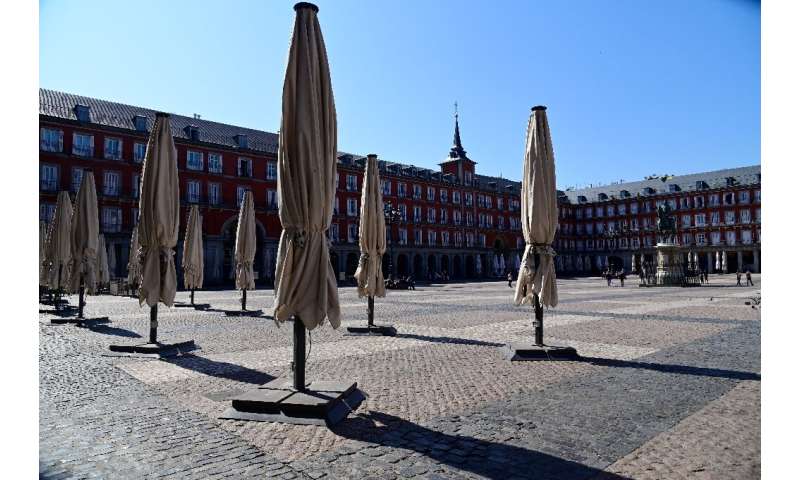
Governments around the world ramped up the battle against the new coronavirus on Saturday by shutting borders and promising cash injections, as Spain emerged as a global hotspot registering more than 1,500 new infections in just 24 hours.
A week that saw schools and businesses shut down indefinitely, millions of travellers barred from crossing borders, celebrities and politicians become infected and the whole of Italy locked down ended with a flurry of government announcements.
US President Donald Trump declared a national emergency and announced a $50 billion package, with similar measures being taken by governments from Austria to Canada on Saturday.
The president’s 30-day ban on travellers from Europe also came into effect on Saturday, a day after the final planeloads of European passengers flew into Los Angeles.
European nations meanwhile ramped up border controls on Saturday, with foreigners forbidden from crossing into Russia from Norway and Poland. Denmark and the Czech Republic also announced stringent restrictions.
Squares and streets from Milan to Madrid were deserted on Saturday as government calls to stay at home were heeded by most—some Italians took to singing to each other from their windows to beat the social isolation, others organised rounds of applause.
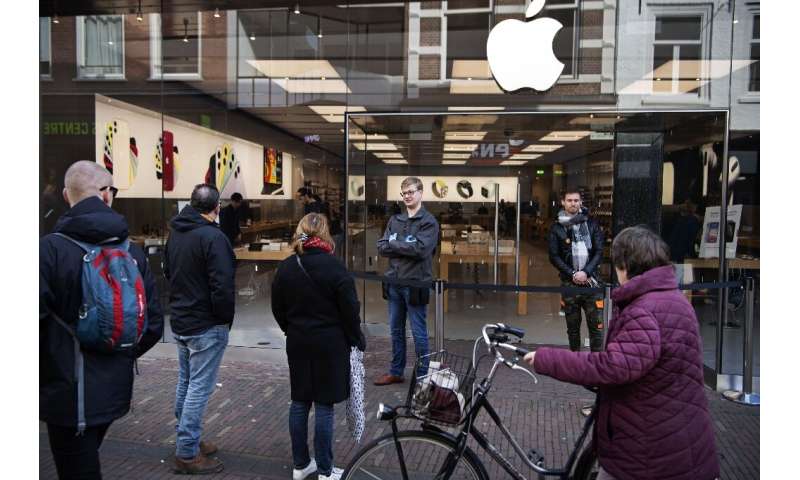
The World Health Organization (WHO) confirmed Europe as the epicentre of the pandemic on Friday after a dramatic slump in new cases in China, where the virus first emerged in December last year.
China registered just a handful of new infections on Saturday and most of the country’s more than 80,000 confirmed patients have already recovered.
Attention instead has shifted to Spain, which has more than 5,750 cases, and Italy with more than 17,000.
Iran too confirmed another huge jump on Saturday to almost 13,000 cases, making it the world’s third worst-affected country from a virus that has infected more than 140,000 people globally and killed more than 5,000.
Bailouts to come?
The human cost is rapidly being matched by the economic cost—financial markets endured a rollercoaster ride all week with spectacular losses triggered by fears of a global recession followed by huge gains after government spending pledges.
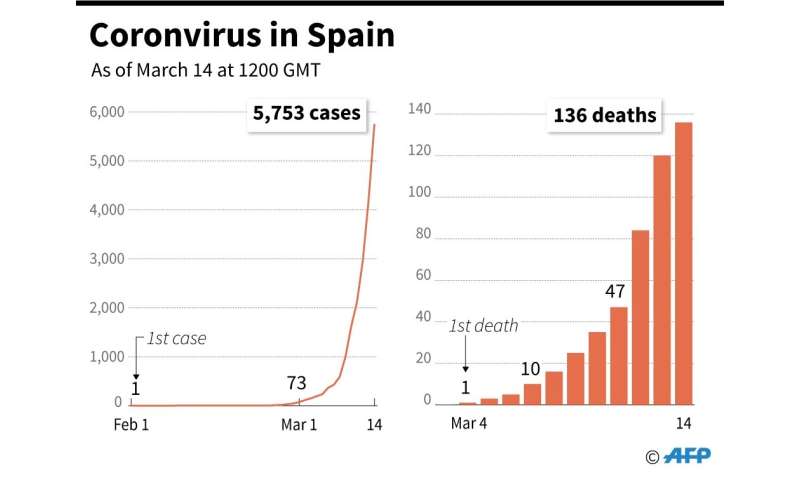
Companies announced drastic measures to help tackle the virus—US tech giant Apple closed all of its stores outside China until March 27, with CEO Tim Cook saying he had learnt from steps taken in China.
“One of those lessons is that the most effective way to minimise risk of the virus’s transmission is to reduce density and maximise social distance,” he said.
British Airways meanwhile became the latest global firm to hint at drastic action to come, with CEO Alex Cruz telling staff to expect job losses.
Airlines have cancelled thousands of flights worldwide as COVID-19 decimates demand and countries, including the US ramp up travel restrictions, and several firms have hinted that bailouts could be required.
The troubled air industry must wait in line, however, with national governments struggling to cope with the costs and the EU already promising a raft of measures to protect the European economy and help Italy.
Any EU action is likely to be limited to reallocating unused funds, giving governments a free pass to bail out businesses and loosening rules on public debt and deficits.
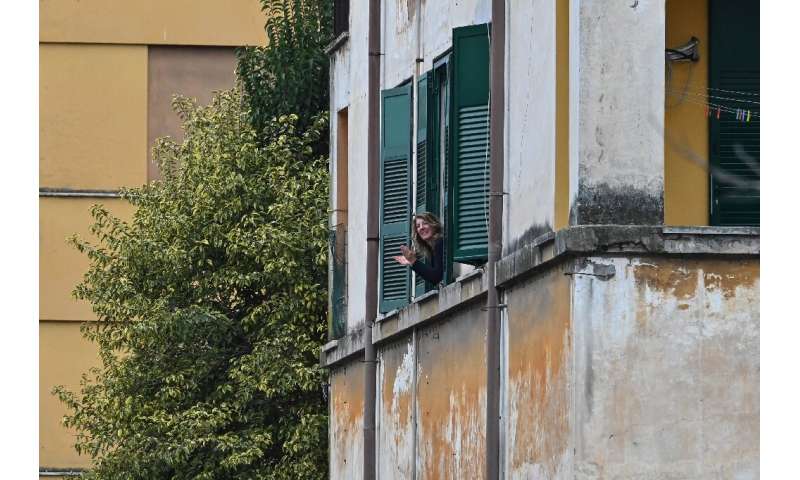
Flattening the curve
As economies reel and finance experts mull the impact, governments are also facing up to the public health dilemmas posed by the virus—whether to try to stamp it out entirely with drastic restrictions or try to manage its spread.
British officials have argued for trying to flatten the curve, managing the outbreak to push the peak of the crisis to summer when hospitals will be able to cope better.
They argue this will help create “herd immunity”, though experts are divided over whether there is evidence to support the theory.
“We don’t know enough about the science of this virus, it hasn’t been in our population for long enough,” said the WHO’s Margaret Harris.
Britain had resisted imposing any wide restrictions, but the media reported on Saturday that a ban on large gatherings would come into force from next weekend.
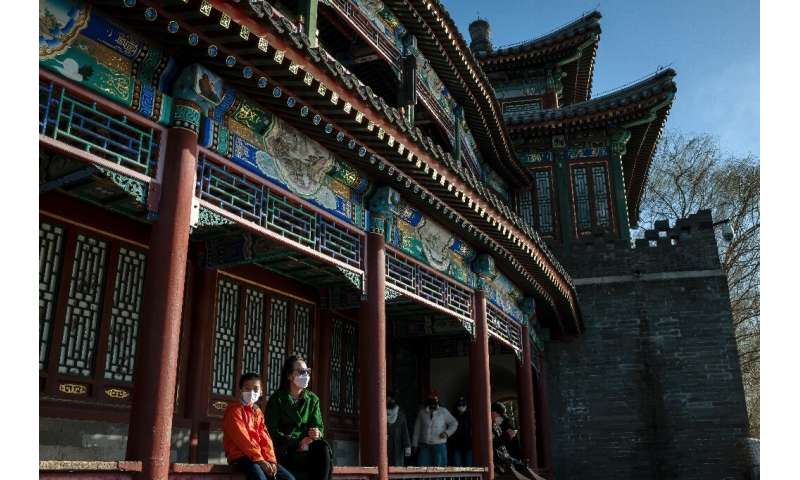
The legislation could see the cancellation of events such as the Wimbledon tennis tournament and the Glastonbury music festival, due to begin at the end of June.
Most other governments in affected regions have already begun to take drastic action.
On Saturday, the Philippines introduced a night-time curfew in Manila, Saudi Arabia became the latest country to ban international flights and New Zealand said international travellers would have to self-isolate on arrival.
South Africa, meanwhile, has become the first sub-Saharan country to repatriate citizens from China—146 South Africans who were working and studying in Wuhan city arriving back in their homeland on Saturday.
Africa has so far been spared the worst of the illness but Rwanda declared its first case on Saturday in a sign of the widening global spread.
Also widening was the impact on the sporting calendar, with football seasons curtailed, Formula One races postponed and cricket tours called off.
Source: Read Full Article


